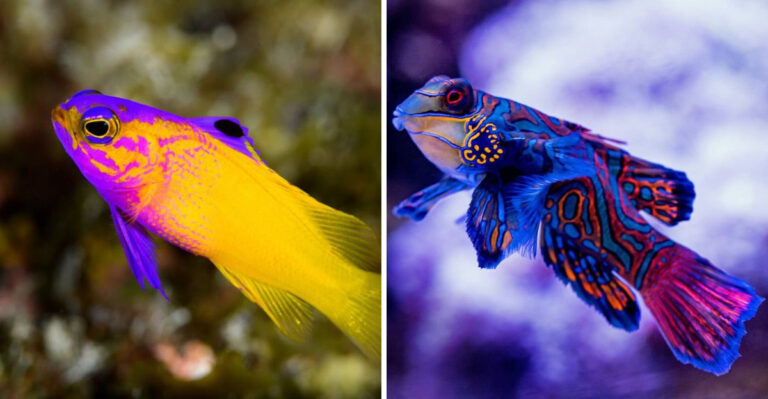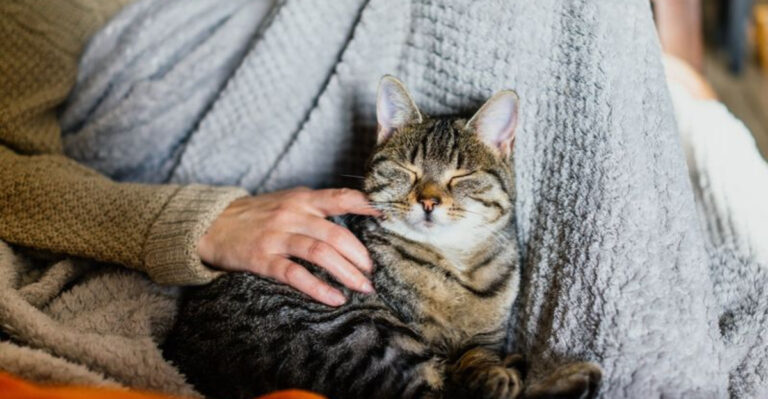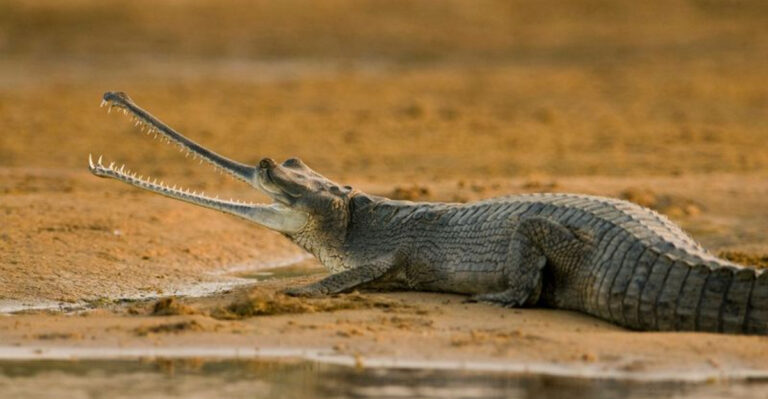12 Signs It Might Be Time To Say Goodbye To Your Cat (And 3 Signs Your Cat Is Still Thriving)
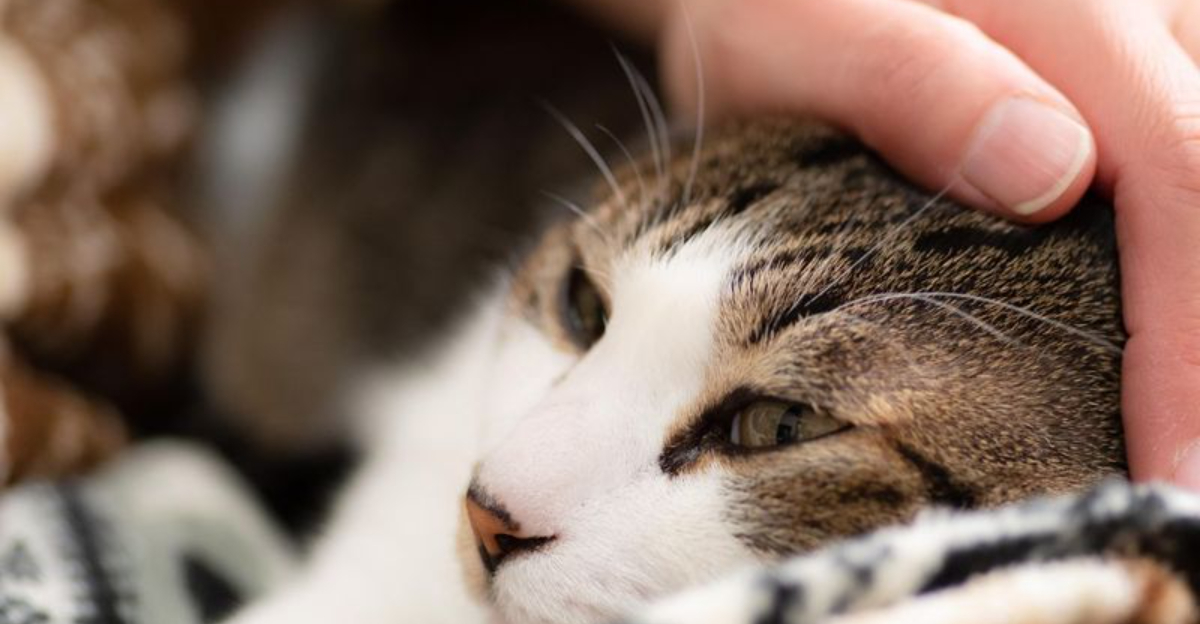
Facing the possibility of saying goodbye to a feline friend ranks among life’s hardest decisions. Our cats become family members, sharing our homes and hearts for years. Understanding when it’s time to let go—or when your cat still has quality life ahead—can provide clarity during an emotional time.
1. Refusing Food For Days
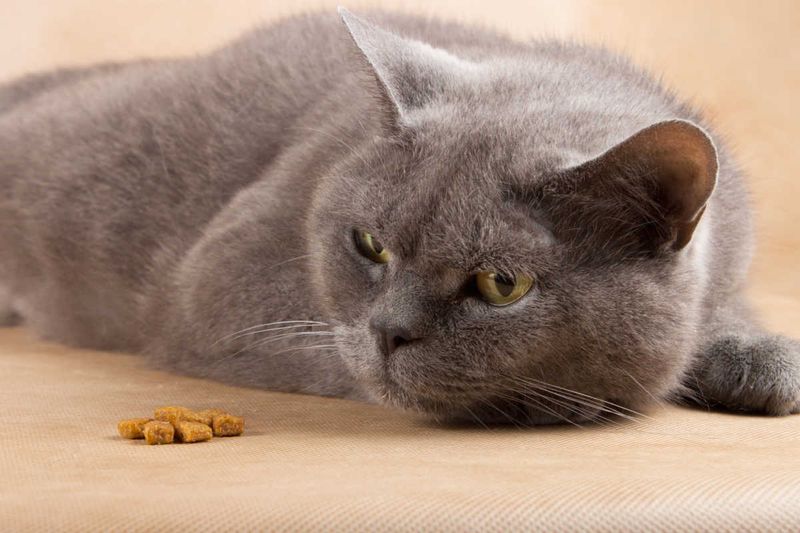
Most cats absolutely love mealtime, so when your furry friend stops eating for more than 48 hours, it signals something serious. This isn’t just picky eating—it’s often a sign their body is shutting down.
Cats can’t go long without nutrition before developing potentially fatal liver problems. When even favorite treats get rejected, it’s time for a serious conversation with your vet.
2. Severe Weight Loss
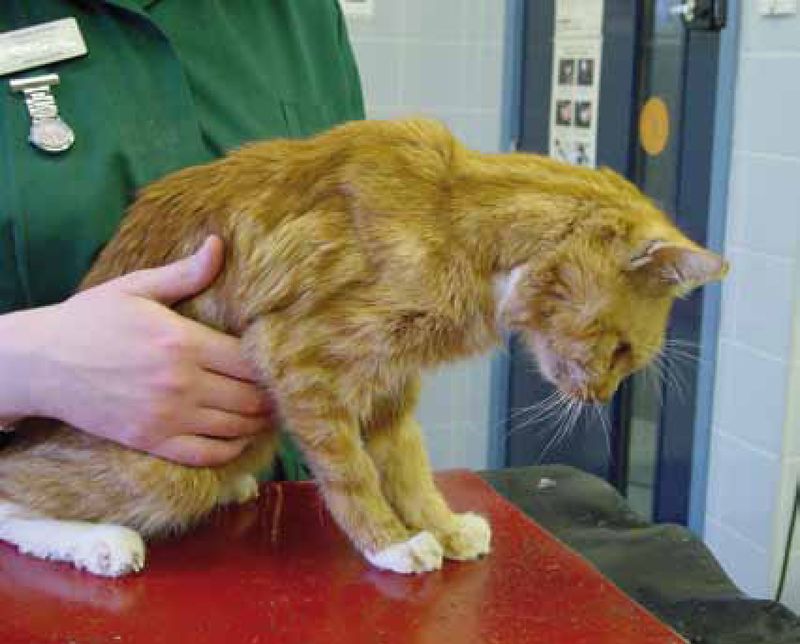
Running your hands along your cat’s spine and feeling every bump isn’t normal. Dramatic weight loss often happens when diseases like cancer or kidney failure take hold.
Even with a good appetite, some cats waste away as their bodies can’t process nutrients properly anymore. When bones protrude and that once-plump belly disappears despite your best efforts, quality of life questions arise.
3. Inability To Reach The Litter Box
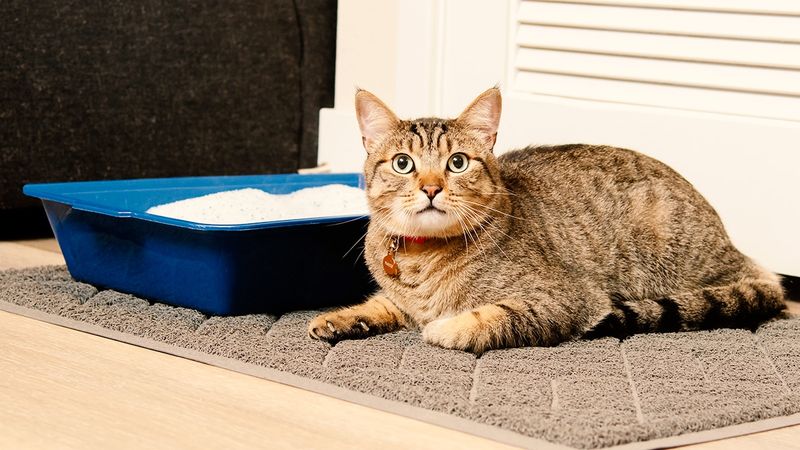
Accidents happen, but when your previously fastidious feline regularly soils themselves or can’t make it to their bathroom spot, something’s wrong. This isn’t behavioral—it’s physical decline.
Arthritis, neurological issues, or extreme weakness might prevent proper bathroom habits. Constant cleaning becomes exhausting for everyone, and dignity matters for your cat’s quality of life.
4. Breathing Difficulties
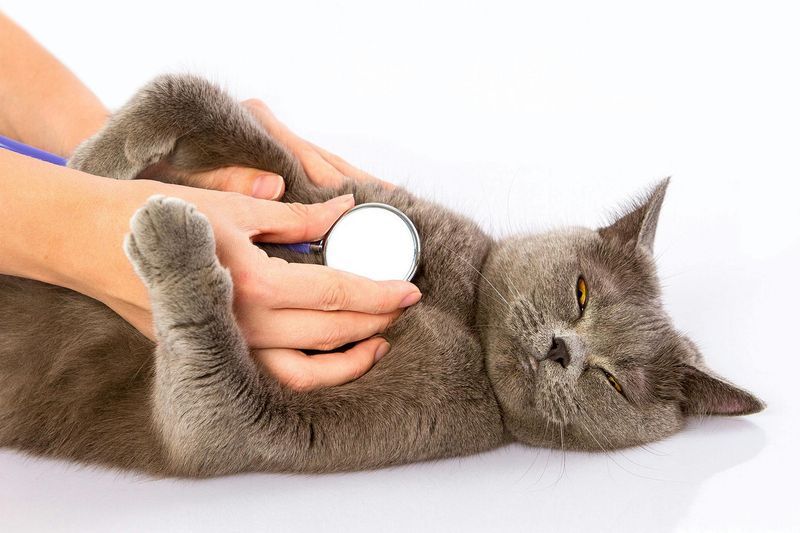
Labored breathing isn’t something cats should endure. Open-mouth panting, extended neck posture, or rapid shallow breaths signal serious distress that shouldn’t be ignored.
Heart failure, lung disease, or fluid buildup can make each breath a struggle. When your cat works hard just to get oxygen, they’re suffering in a fundamental way that medications can’t always fix.
5. Chronic Pain That Can’t Be Controlled
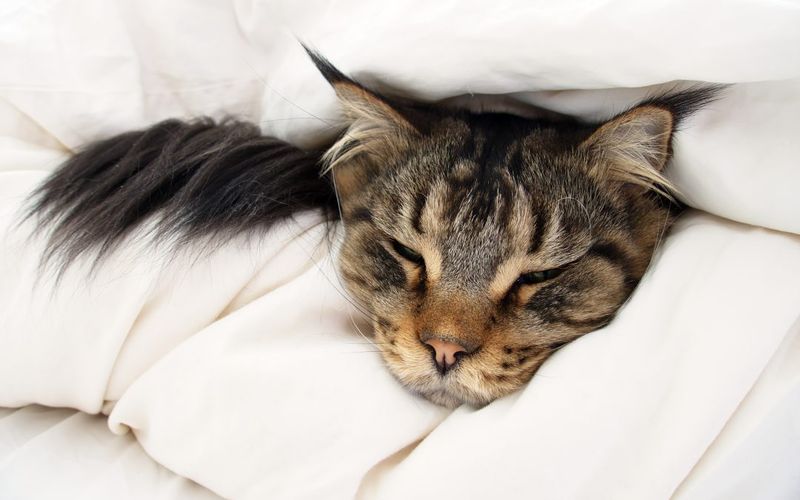
Cats hide pain masterfully, but certain signs become unmistakable. Growling when touched, hiding constantly, or unusual aggression often mean they’re hurting badly.
When medications no longer provide relief from conditions like cancer or severe arthritis, quality trumps quantity. No one wants their best friend living in constant pain, especially when they can’t understand why it won’t stop.
6. Multiple Organ Failure
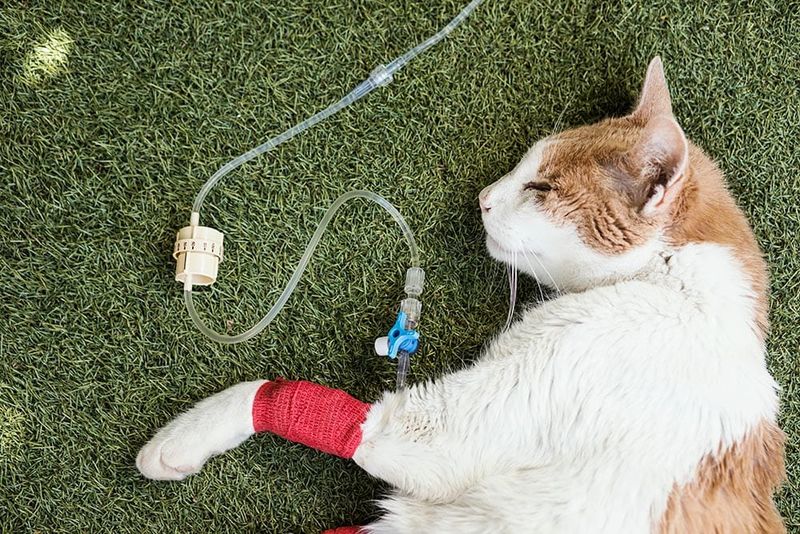
Sometimes it’s not just one thing going wrong—it’s everything. When kidneys, liver, and other vital systems begin failing together, treatment becomes a losing battle.
Blood work showing multiple abnormalities confirms what you might already suspect. Your vet might explain that medications can’t keep up with cascading failures, and comfort care becomes the kindest option.
7. Unable To Stand Or Walk
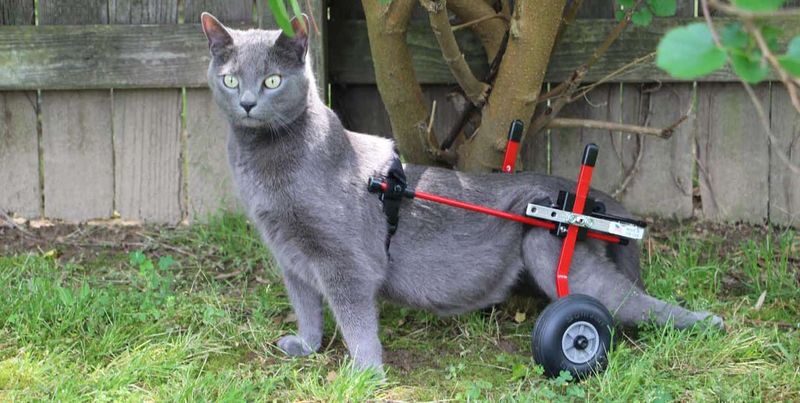
Cats are naturally graceful creatures who value their independence. When your feline can’t stand without falling or drags their back legs, their quality of life diminishes dramatically.
Paralysis, severe weakness, or neurological problems can leave them frustrated and dependent. Watching your once-agile friend struggle with basic movement indicates a significant decline that rarely improves with time.
8. Chronic Vomiting Or Diarrhea
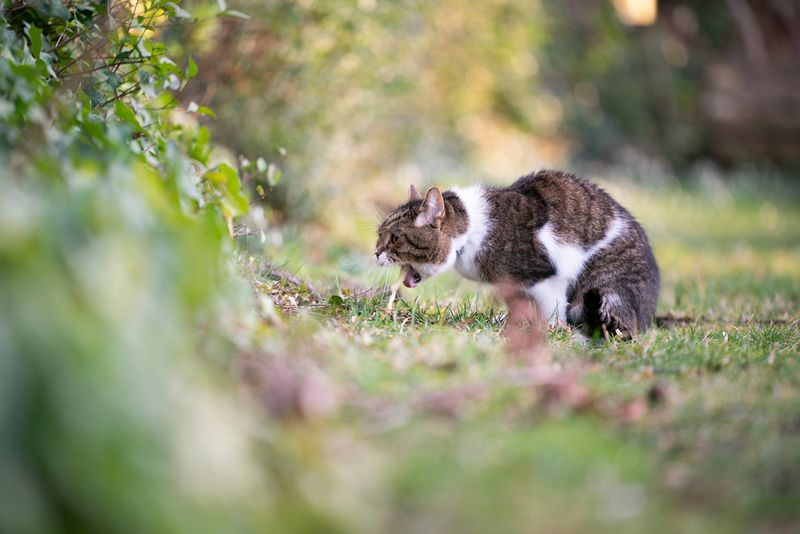
Occasional hairballs are normal, but constant digestive distress signals something seriously wrong. Chronic vomiting or diarrhea leads to dehydration, weakness, and suffering.
When even specialized diets and medications can’t resolve these issues, your cat’s system may be failing beyond repair. The constant discomfort and loss of nutrients creates a miserable existence no pet should endure.
9. Stops Grooming Entirely
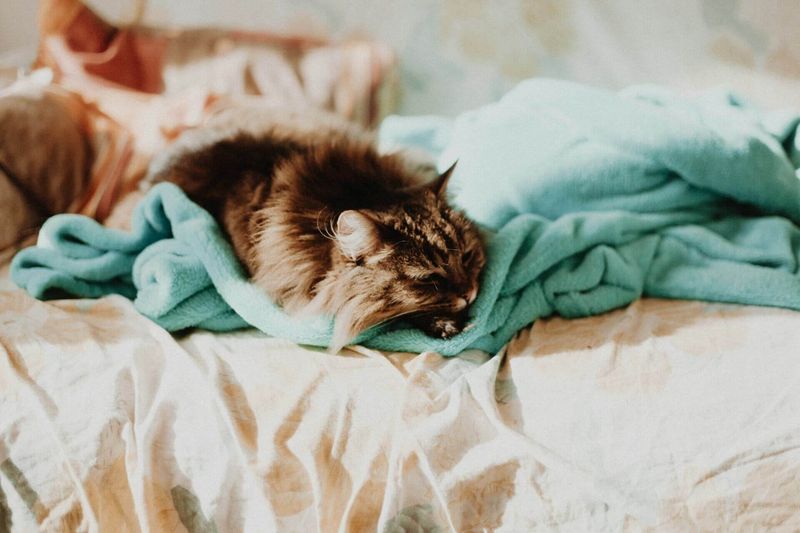
Cats are famous for their cleanliness, often spending hours each day keeping their fur pristine. A complete cessation of grooming speaks volumes about their declining health and spirits.
Matted fur, food stuck to their face, or waste clinging to their rear end shows they’ve given up this fundamental behavior. This neglect reflects pain, depression, or physical inability that seriously impacts their dignity.
10. No Response To Favorite Things
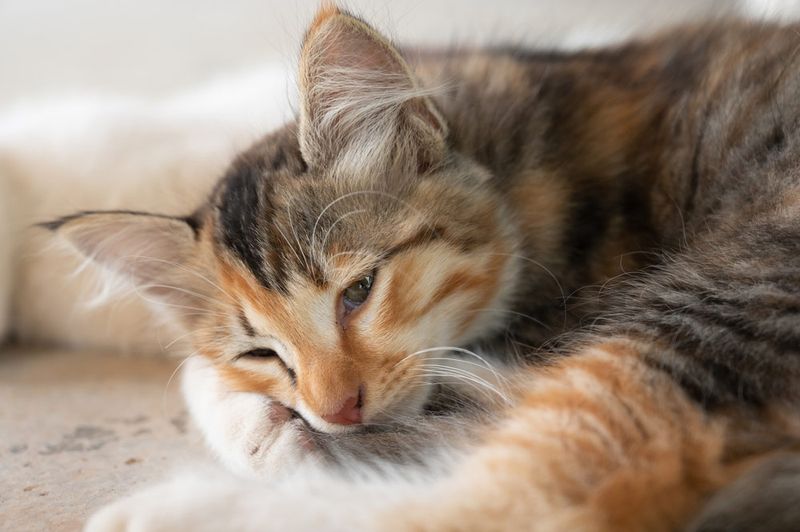
Remember how your cat would come running at the sound of a treat bag? When beloved toys, special foods, or even your voice no longer spark any interest, something profound has changed.
This withdrawal isn’t just sadness—it’s often your cat disconnecting from life’s pleasures. When nothing brings joy anymore, not even brief moments of happiness punctuate their days, quality of life questions become unavoidable.
11. Seizures Becoming More Frequent
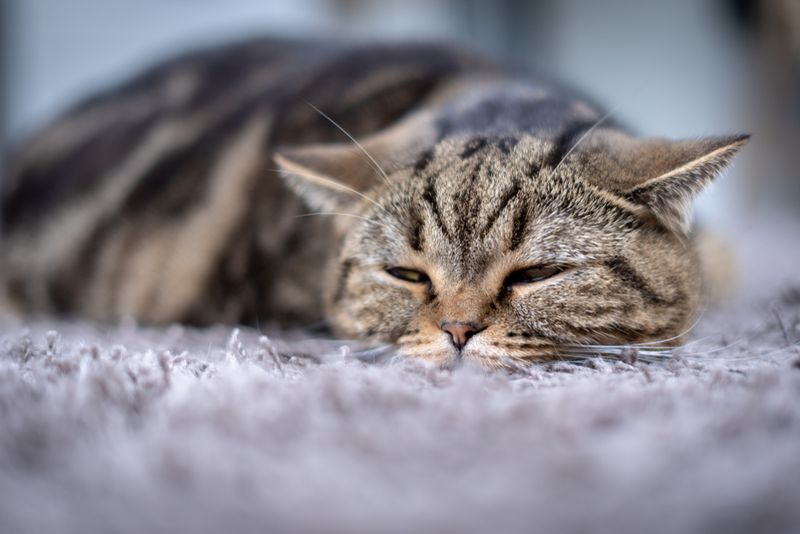
Watching your cat experience a seizure is terrifying. When these episodes increase in frequency or severity despite medication, brain function may be deteriorating beyond help.
The confusion and exhaustion that follow each seizure take a toll. Multiple seizures daily mean your cat spends most of their time in a post-ictal haze, not truly living but merely existing between episodes.
12. More Bad Days Than Good
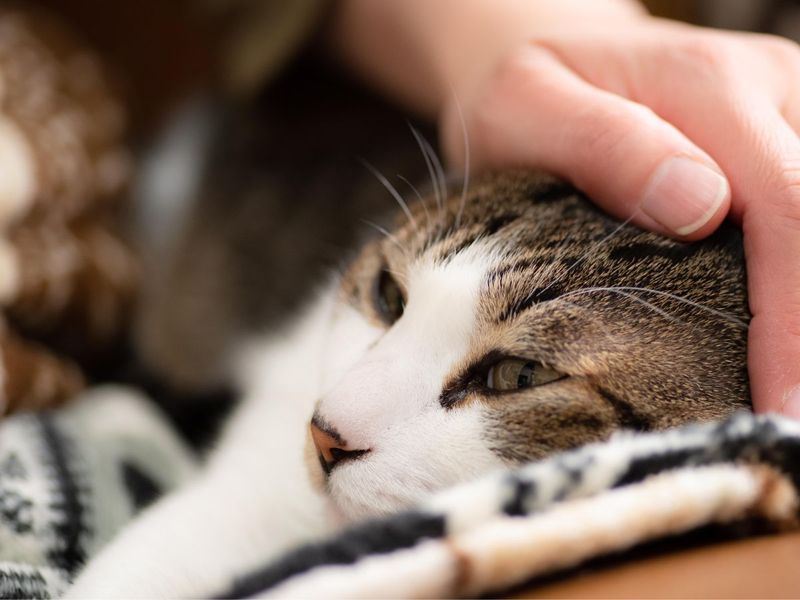
The calendar doesn’t lie. When you realize your cat has suffered through five difficult days for every good one, the math becomes heartbreaking.
Keep a simple diary tracking eating, comfort, and engagement levels. Patterns emerge that can help with the hardest decision. When suffering outweighs joy consistently, prolonging life might not be the kindest choice for your beloved companion.
13. Still Has A Healthy Appetite
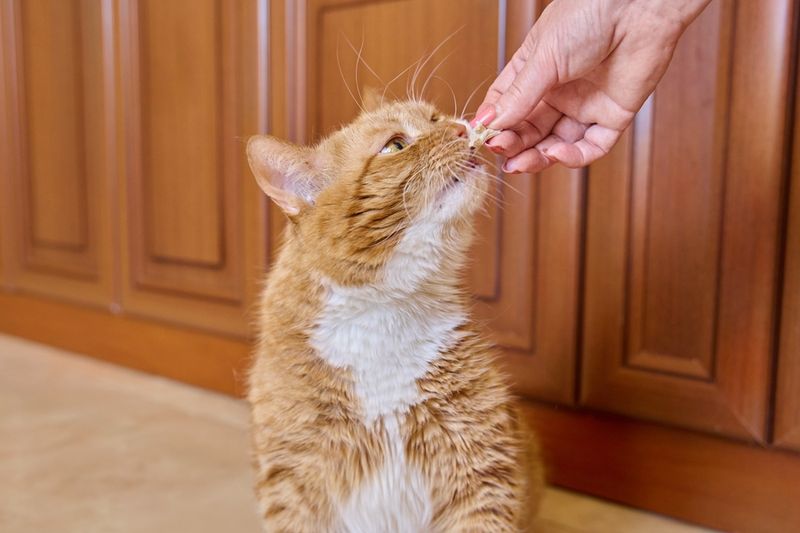
Good news! A cat who eagerly approaches mealtime still has significant fight left. Eating well indicates basic systems are functioning and pain isn’t overwhelming.
Food enjoyment represents one of life’s fundamental pleasures for felines. When your kitty still perks up at dinner and maintains healthy weight, they’re telling you they’re not ready to go yet, even if other health issues exist.
14. Maintains Social Connections
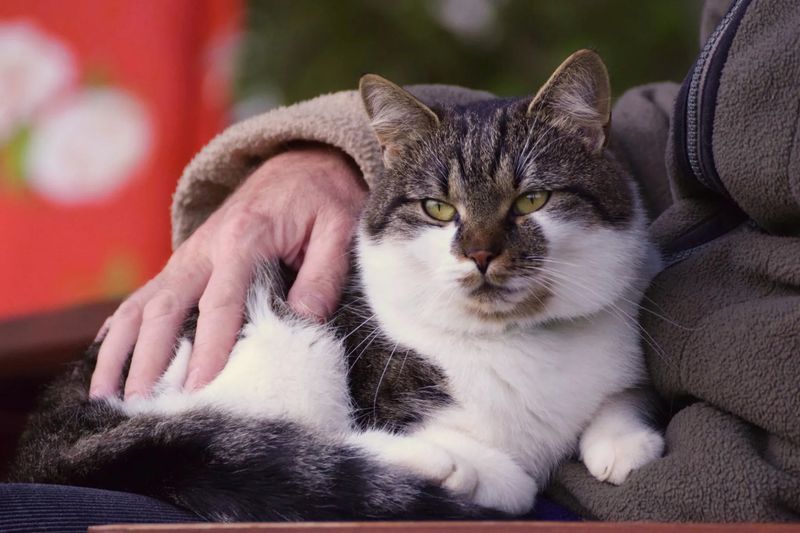
Cats naturally withdraw when seriously ill, so continued social engagement speaks volumes. If your feline friend still seeks your lap, purrs at your touch, or greets you at the door, their quality of life remains meaningful.
These connections matter deeply to social cats. When they still make the effort to maintain relationships with you or other pets, they’re demonstrating life still holds value for them.
15. Shows Interest In Surroundings
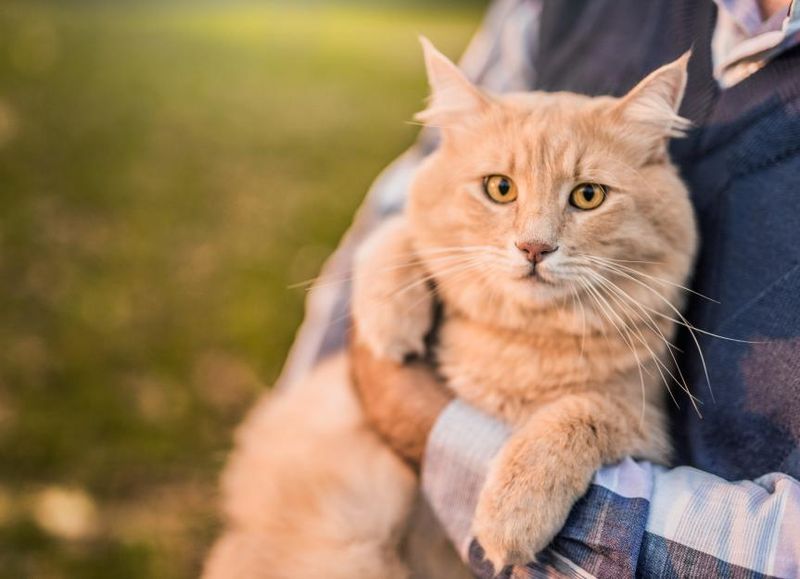
Window watching, toy batting, or simply following household activities with alert eyes demonstrates cognitive engagement. These seemingly small behaviors reveal your cat is still mentally present and finding stimulation in their world.
Curiosity defines feline nature. When your cat still perks up at birds outside or investigates new objects, their spirit remains intact. This mental alertness strongly suggests they’re still enjoying life’s simple pleasures.

